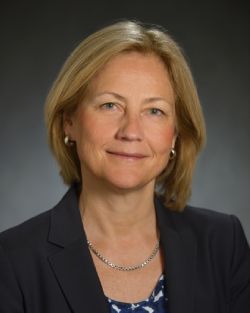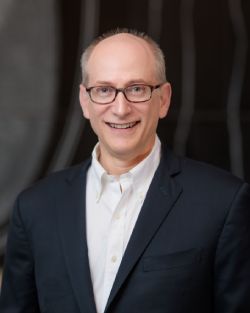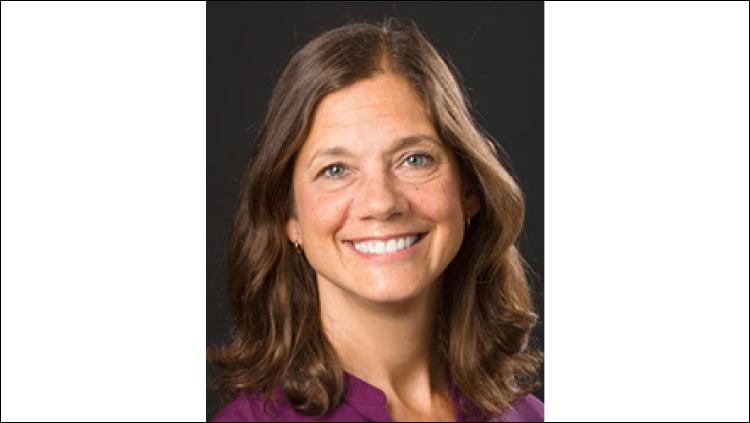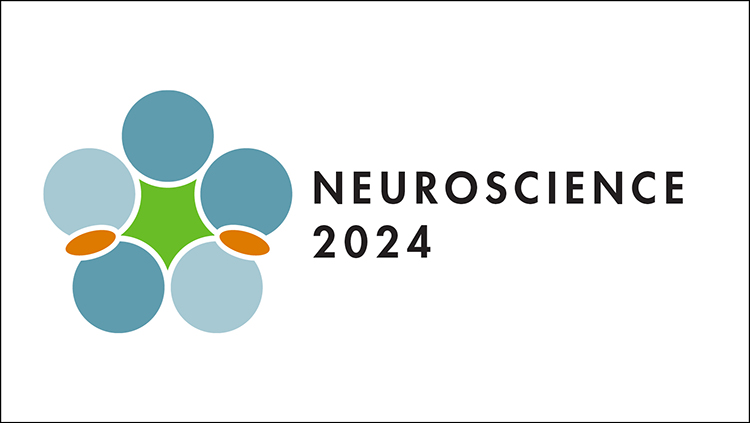Q&A: National Academies' Neuroscience Forum Co-Chairs Frances Jensen and John Krystal

Frances Jensen is professor of neurology and chairman of neurology at the Perelman School of Medicine, University of Pennsylvania, and co-director of Penn Translational Neuroscience Center. Her research focuses on mechanisms of epilepsy and stroke, and the mechanistic interaction of epilepsy with other disorders such as autism and dementia, with specific emphasis on elucidating new therapies for clinical trials development. Jensen is an advocate for awareness of the adolescent brain development and is author of the book “The Teenage Brain.”

John Krystal is the Robert L. McNeil, Jr., professor of translational research; professor of psychiatry, neuroscience, and psychology; and chair of the Department of Psychiatry at Yale University. He has published extensively on the neurobiology and treatment of schizophrenia, alcoholism, PTSD, and depression. Notably, his laboratory discovered the rapid antidepressant effects of ketamine in humans.
Neuroscience Quarterly (NQ): Can you share the history and mission of the Forum?
The Forum on Neuroscience and Nervous System Disorders (Neuroscience Forum) is a convening activity of the National Academies of Sciences, Engineering, and Medicine (The National Academies). The National Academies are independent, nonprofit institutions that operate under the 1863 congressional charter signed by President Lincoln to “provide independent, objective advice to inform policy with evidence, spark progress and innovation, and confront challenging issues for the benefit of society.” Established in 2006, the Neuroscience Forum provides a venue for fostering partnerships, addressing challenges, and spotlighting emerging issues related to brain disorders. The Forum’s meetings convene leaders from private sector sponsors of basic biomedical and clinical research; federal agencies sponsoring and regulating basic biological, biomedical, and clinical research; private foundations; the academic community; individuals with lived and living experience; and other consumers to examine significant and sometimes contentious issues in neuroscience.
The Forum’s meetings convene leaders… to examine significant and sometimes contentious issues in neuroscience.
The Forum’s inaugural chair was Alan Leshner (CEO emeritus, AAAS), followed by Steven Hyman (Broad Institute of MIT and Harvard) and Story Landis (former director of NINDS).
NQ: What do you see as the Forum’s role in the field?
Leveraging the National Academies’ convening ability, the Neuroscience Forum provides a neutral setting for members, other leaders from the neurosciences and related disciplines, and members of the public to have candid discussions about issues of mutual interest concerning scientific opportunities, priority setting, and policies related to research on neuroscience and brain disorders; therapeutic interventions; and related ethical, legal, and social implications.
Neuroscience Forum members meet several times a year to exchange information, ideas, and differing perspectives. The Forum also sponsors public workshops, develops workshop proceedings, and commissions papers as additional mechanisms for informing its membership, other stakeholders, and the public about emerging scientific and policy issues related to research in the neurosciences.
NQ: What are some of the Forum’s recent accomplishments?
We recently hosted a workshop on the bidirectional relationship between artificial intelligence and neuroscience as well as a workshop exploring the adoption of implantable brain stimulation into standard of care . Both activities garnered the attention of thousands of individuals and many organizations, and we are actively exploring opportunities to continue to drive discussions in those areas.
The Neuroscience Forum values the importance of cultivating impactful discussions among a diverse group of thought leaders that can lead to actionable change, and so in addition to public meetings, we have been organizing participant-driven, action–oriented activities under the auspices of the Forum to serve as an extension of that work. Example outcomes from these activities include perspective papers (e.g., Krainc et al., 2023) and informational resources (e.g., a guide for using neuroimaging data in the cloud).
NQ: Which topics are the Forum currently addressing?
The Neuroscience Forum will host a workshop in September 2024 examining potential applications of glucagon-like peptide-1 (GLP-1) receptor agonists in central nervous system disorders...
The Neuroscience Forum will host a workshop in September 2024 examining potential applications of glucagon-like peptide-1 (GLP-1) receptor agonists in central nervous system disorders, such as dementia, Parkinson’s disease, substance and alcohol use disorders, and pain. In addition, we are developing a public workshop exploring the application of neurobiological insights on stress for building resilience. Be sure to check out the Forum’s website for the list of recent and upcoming events, along with publications and resources from our meetings.
NQ: What do you see the Forum acting on in the future?
As a self-governing body, the Neuroscience Forum members and staff keep a pulse on emerging and timely topics, as well as those that are underappreciated. Basic, translational, and clinical research continue to be perennial focus areas of our work with concerted discussions aimed at neuroscience training, workforce development, and efforts to mitigate health disparities. We are also actively working to expand our community engagement efforts, which includes developing sustainable relationships with individuals living with central nervous system disorders to truly serve as a guiding post to the work that we do.



















